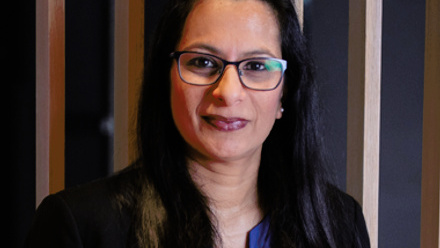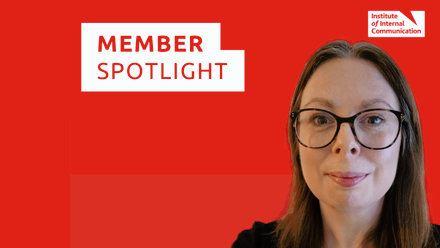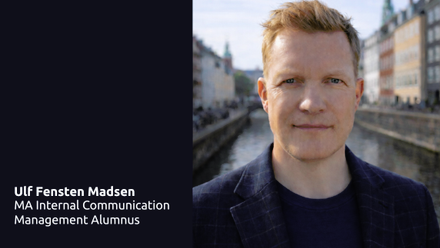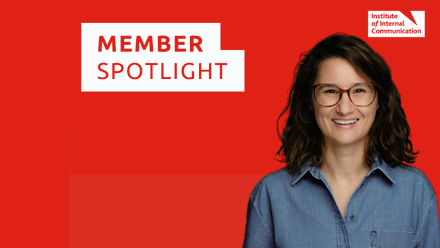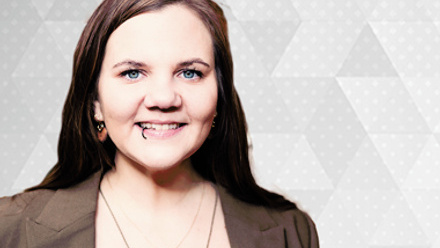The IoIC's Advanced Diploma of Proficiency in Internal Communications offers you a unique opportunity to focus on your personal development and gain a raft of instantly applicable skills.
When I signed up for the Diploma last summer, I was relatively new to my role, as Internal Communications Manager for a national law firm. The Diploma was something I'd been eyeing for a while, but joining the world of Professional Services cemented my decision to go for it. I've worked in communications for over 15 years, but never before had the need to reinforce my practical knowledge with academic theory felt more important. I wanted to feel on an equal footing with my legally-trained colleagues, and help internal communications to be recognised as a profession in its own right.
The Advanced Diploma takes around nine months to complete, and is formed of a personal development plan, a group project, a portfolio and a panel interview - a job interview without a job, as it's known. The whole course is hands-on and based on real world challenges and areas of development, so brilliantly, you can apply it to your role right away.
The course is also structured on a premise of reflective learning, and so with that in mind (although this time minus the Harvard referencing!), here's are some of the main things I learned, and what I'd say to anyone pondering it too.
Organise your time - accept that you'll need to be a little anti-social for a while. Getting the best from the course requires commitment, so factor in the time you'll need on top of the day job and other responsibilities. I found that Saturday or Sunday afternoon studies worked better than logging in with a fried brain after a long day at work.
Filter the distractions - there's a LOT of reference material out there, and with that comes the opportunity to fall down an internet rabbit-hole when studying. Gone are the days of a finite number of text books available from your university library. For those of us able to recall studying in an early internet era (ahem), the breadth of resources on offer -from the online library, to Google Scholar, can be daunting, so it's important to focus on what's genuinely useful.
Academic writing is a different ball game to the journalistic and other styles many of us may use in our day to day. Everything you say needs to be backed up with solid theoretical reference, and if, like me, you've not written in this way for some time, getting back into this habit takes practice.
With all of the above accepted you're in good shape to reap the many benefits of studying for this qualification.
Overall, the Diploma underpins your practical knowledge with solid academic theory. You can apply your learning immediately and in turn it gives you a massive confidence boost. You'll find your workplace conversations changing at all levels, the flipside of this is that you might feel greater frustration when you see things being done wrong - grit your teeth through those 'just do it' requests!
A massive benefit of the course is that it'll bring you some fantastic new connections. I was lucky to be teamed with a brilliant cohort of fellow IC professionals - each of us from vastly different businesses, and each with our own unique perspectives. Our WhatsApp group has been a source of moral support, ideas and banter at times of pressure and I'm sure it'll continue even though we've now finished. Our celebratory end of course meal was excellent too! You can also read our collaborative project here
Learning also has a domino effect and creates good new habits - since doing the course I've started listening to podcasts and am determined to do some more networking, although this may need to be virtually for the time being.
It'll help you zone in on what you really want to do career-wise, and what you don't. You'll also get some valuable longer-term career advice as part of your overall course feedback.
Most importantly, in a role that can feel exposed as it's often a singleton post, it'll boost your credibility and confidence, moving you closer to that much-coveted Trusted Advisor status.

